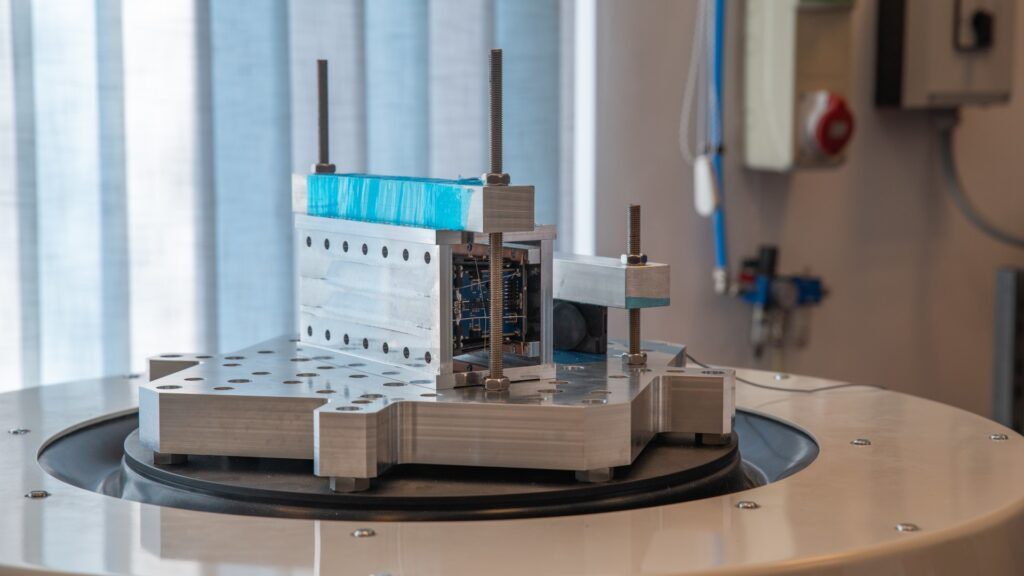On 15 February, three profoundly significant pieces from Johannes Brahms’s oeuvre will be performed by the MÁV Symphony Orchestra at Müpa Budapest, as part of this year’s second concert of the Szőke Tibor Master Series.
Thomas Sanderling will conduct the evening. Sanderling has collaborated with masters such as Herbert von Karajan and Leonard Bernstein, among others, as stated in the orchestra’s Thursday announcement.
The evening will commence with the Academic Festival Overture, composed when the University of Wrocław in Poland conferred an honorary doctorate upon the composer in March 1879. The cheerful piece, occasionally employing the tools of humour, has its peculiarity in the fact that the themes it presents are adaptations of well-known student songs.
The next piece performed will be the Violin Concerto, one of the most outstanding pieces of the genre. Brahms dedicated this piece to his friend, the violinist Joseph Joachim, whom he consulted during its composition, and Joachim premiered the piece on 1 January 1879, in Leipzig. The soloist for the Violin Concerto at the MÁV Symphony Orchestra’s concert will be
world-famous German violinist Kirill Troussov.
In the second part of the evening, Brahms’s Symphony No. 4 will be presented. Brahms began composing the symphony during a summer vacation in Styria at the age of 51. He completed it the following year, and it was premiered in Meiningen that same year under the baton of one of the era’s most renowned conductors, Hans von Bülow. The conductor of the concert will be Thomas Sanderling, born in Novosibirsk in 1942 as the son of the conductor Kurt Sanderling, exiled from Nazi Germany. He received the Cannes International Classical Music Award for his recordings in 1998, was nominated for a Grammy in 2010, and received the ECHO Klassik Award in 2017.
During the concert, the MÁV Symphony Orchestra will also pay tribute to its predecessor, the Railmen’s Singing and Music Society, founded 100 years ago on 10 February 1924.
Related articles:
Sources: Hungarian Conservative/MTI







